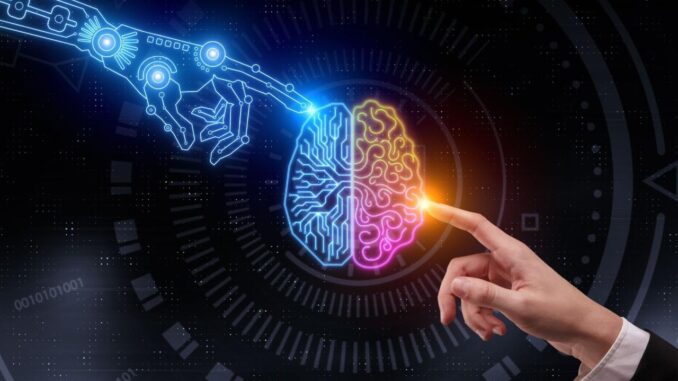
**Workforce Adaptability AI** is an evolving concept that harnesses artificial intelligence technologies to enhance how organizations manage their human resources in a rapidly changing work environment.
This approach prioritizes flexibility, resilience, and efficiency, empowering organizations to respond swiftly to shifts in market demand, employee needs, and operational challenges.








Here’s a deeper dive into the components, applications, and benefits of Workforce Adaptability AI:
### Key Components of Workforce Adaptability AI
1. **Skill Assessment and Development:**
– **AI-Powered Skills Inventory:** AI tools can create real-time inventories of employee skills, helping organizations identify strengths and weaknesses.
– **Personalized Learning and Development:** AI can provide tailored training programs based on individual performance, career goals, and market demands.
2. **Real-Time Analytics:**
– **Predictive Analytics for Workforce Planning:** Use AI to analyze trends and forecast future workforce needs, enabling proactive hiring or reassignment of resources.
– **Employee Performance Metrics:** Monitor and analyze performance in real-time, allowing for immediate adjustments in roles or responsibilities.
3. **Dynamic Resource Management:**
– **Agile Project Management:** AI can facilitate the formation of cross-functional, flexible teams that can be assembled and disbanded based on project requirements.
– **Automated Scheduling and Task Assignment:** AI systems can automate the allocation of tasks to the most suitable employees based on their skills and availability.
4. **Employee Engagement and Retention:**
– **Sentiment Analysis:** AI can analyze employee feedback and communications to gauge morale and satisfaction, leading to proactive engagement strategies.
– **Tailored Employee Experiences:** Personalizing workplace experiences, such as onboarding or employee recognition, based on individual preferences increases involvement and loyalty.
5. **Workplace Flexibility:**
– **Support for Remote and Hybrid Work:** AI tools can optimize collaboration and communication among remote teams, ensuring productivity and connection.
– **Wellness Monitoring:** AI can track workload and stress levels, enhancing employee well-being and work-life balance.
6. **Automation and Efficiency:**
– **Robotic Process Automation (RPA):** Automate repetitive administrative tasks to free up employees for more strategic work.
– **Virtual Assistants:** Leverage AI-powered chatbots to assist employees with FAQs, scheduling, and other routine inquiries.
### Benefits of Workforce Adaptability AI
1. **Increased Agility:** Organizations can quickly adapt to changes in the business environment, such as shifts in market demand or workforce shortages.
2. **Enhanced Employee Satisfaction:** By addressing individual needs and preferences, organizations can improve employee morale and reduce turnover.
3. **Cost Efficiency:** AI can optimize workforce allocation, reducing labor costs by ensuring that employees are deployed effectively according to project needs.
4. **Better Decision-Making:** Data-driven insights from AI enhance strategic decision-making in workforce planning, talent acquisition, and performance management.
5. **Competitive Advantage:** Organizations that implement Workforce Adaptability AI effectively can respond faster to market changes, leading to a stronger competitive position.
### Challenges and Considerations
While Workforce Adaptability AI offers significant advantages, organizations must also navigate challenges, including:
– **Data Privacy and Security:** Ensuring the protection of employee data is paramount, especially in the context of AI analytics.
– **Change Management:** Employees may be apprehensive about AI integration, necessitating thorough change management strategies that include training and communication.
– **Bias in AI Systems:** Active measures must be taken to minimize bias in AI algorithms, ensuring fair treatment of all employees.
### Future Outlook
As the workforce continues to evolve with technological advancements and changing social norms, Workforce Adaptability AI is likely to become increasingly sophisticated. Emerging technologies like machine learning, advanced analytics, and natural language processing will refine how organizations understand workforce dynamics and enhance adaptability.
In summary, Workforce Adaptability AI represents a forward-thinking approach to HR management, emphasizing the importance of flexibility and responsiveness in today’s dynamic work environments. Organizations that effectively leverage these technologies are poised to thrive in the face of uncertainty and change.

Leave a Reply